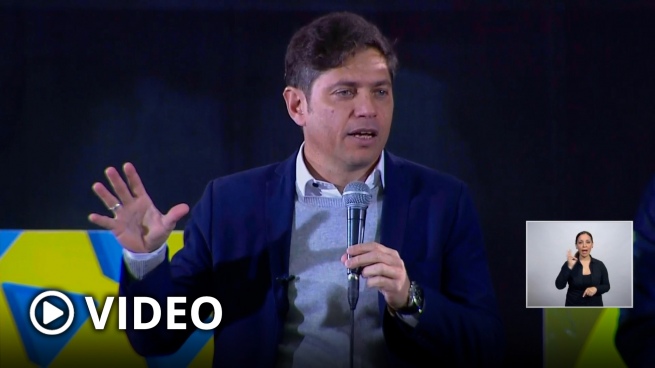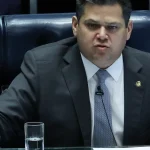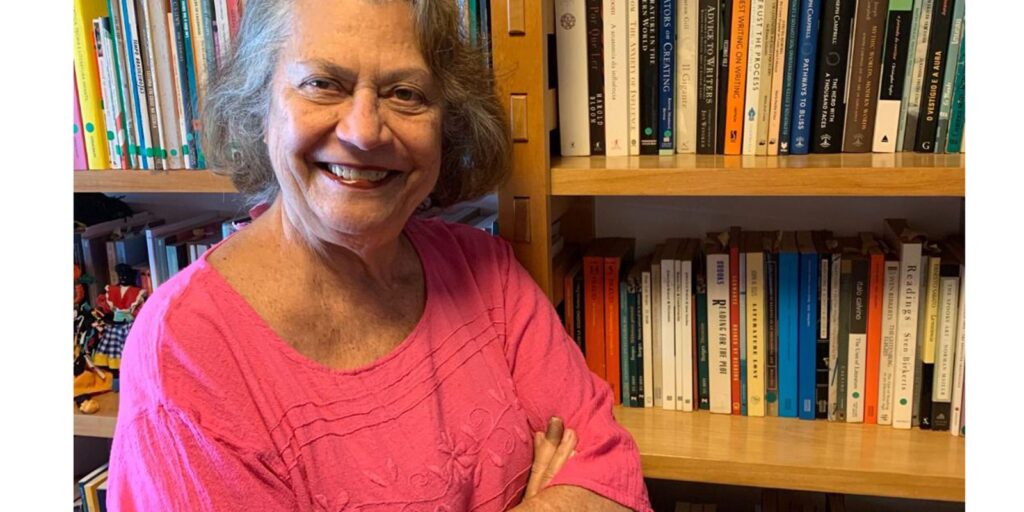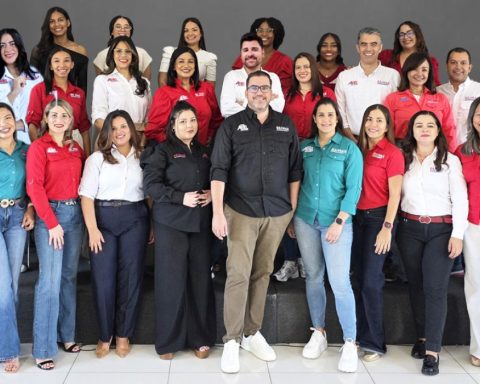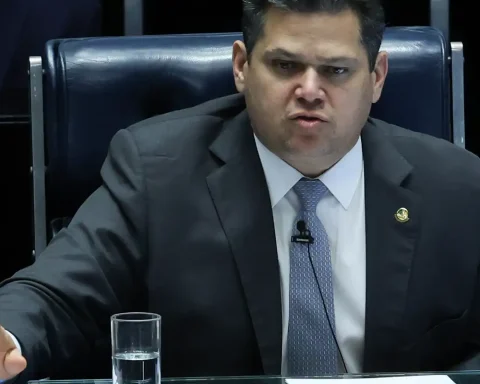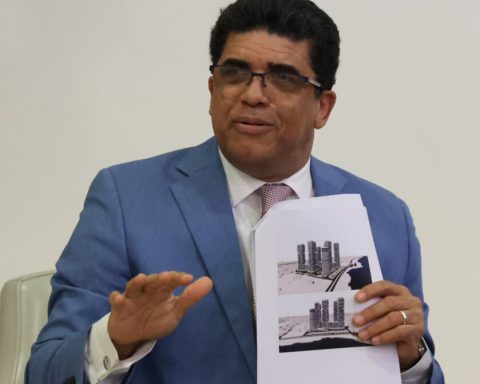The governor of Buenos Aires, Axel Kicillof, handed over 21 combis to special education establishments on Tuesday during an act that took place in the municipality of Ensenada, where he assured that while the previous government closed schools, his government opens new ones and invests in the area.
Within the framework of the National Day of Special Education, the president stated that “These vans are used to transport those who have difficulties from their homes to school, but they are also used for activities such as taking walks, excursions to museums or places of entertainment or education.”
From the Executive Power it was specified that in Buenos Aires territory there are 600 special modality schools with 90,000 students.
In the first massive delivery of vehicles made by the government, 21 Mercedes Benz Sprinter 0km combis were granted today, whose fuel will be paid for by the State.
With an investment of $129 millioncombis were awarded to schools in La Plata, Coronel Brandsen, Quilmes, Tigre, San Clemente, General Pueyrredon, General Alvarado, Villarino, Azul, Adolfo Gonzales Chaves, Ayacucho, Almirante Brown, Azul, Bragado, Daireaux, Ensenada, Ezeiza, Moreno , The Coast, La Matanza, Lomas de Zamora.
The vehicles have capacity for 15 students and a teacher, and are equipped with an electronic ramp, according to official sources.
Accompanied by the general director of Culture and Education, Alberto Sileoni, and the mayor Mario Secco, Kicillof said in his speech that “During the Peronist government of Nestor and Cristina, which lasted 12 years, 200 vans were distributed in the province.”
“Later came a government that, if it did not lack anything, was money, but it did not buy a truck but instead spent that money on financial scams,” reasoned.
In this context, the governor stated that during his administration “there was a pandemic and war, added to the disaster left behind” by the Cambiemos government, despite which “we celebrated by doing what we should do: recognize the rights of those who need it.”
“The previous government closed schools, we opened schools and continued to invest. There is a lot missing, but that does not take away from us the obligation to go down the path of recovery, recognition and social justice,” he continued.
He later questioned those who refer to the “costs” that this type of investment implies for the State and evaluated that “if one starts with the calculator and a cold gaze, it ends up like the previous government: crossing out lines that it does not consider essential” .
“When there is a need, there is a right. Where there is a right, there is an obligation of the State to recognize it and to accompany it. For us they are not a cost item but a priority in education,” Kicillof completed and stressed that he will continue “working to recognize the rights of those who need them most and have a better future.”
In that framework, Sileoni indicated that “these teachers and teachers work with these kids proudly” and pointed out that “in special schools, teaching and learning is done as in the rest of the educational system”.
Then, he highlighted: “we all have differences, these do not cancel the ties but rather make us better” and celebrated the differences, “because we are equal in the human condition.”
The official recalled that “the last large delivery of combis was made by Cristina Fernández de Kirchner in 2010. Between 2016 and 2019 there were zero deliveries” and concluded: “Here is the State behind the only important thing: the kids.”
To its turn, Secco stated that “if we have competitive education it is so that our children are more capable than us” and added that “providing tools like these, to go looking for children who live far away and have trouble getting there, gives them the possibility of accessing school.”
“This is beautiful. These 21 vans will be delivered to their schools to continue growing and improving,” he concluded.
From the Buenos Aires administration it was highlighted that School transportation is of the utmost importance to maintain pedagogical continuity and participate in educational outings, especially for students with motor disabilities.
On average, 25 students per day are transported in each van, accompanied by teachers from the establishment they attend. During the pandemic, Official Transportation vans were used to deliver food and educational materials to families.
